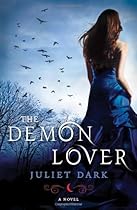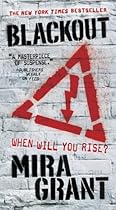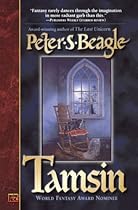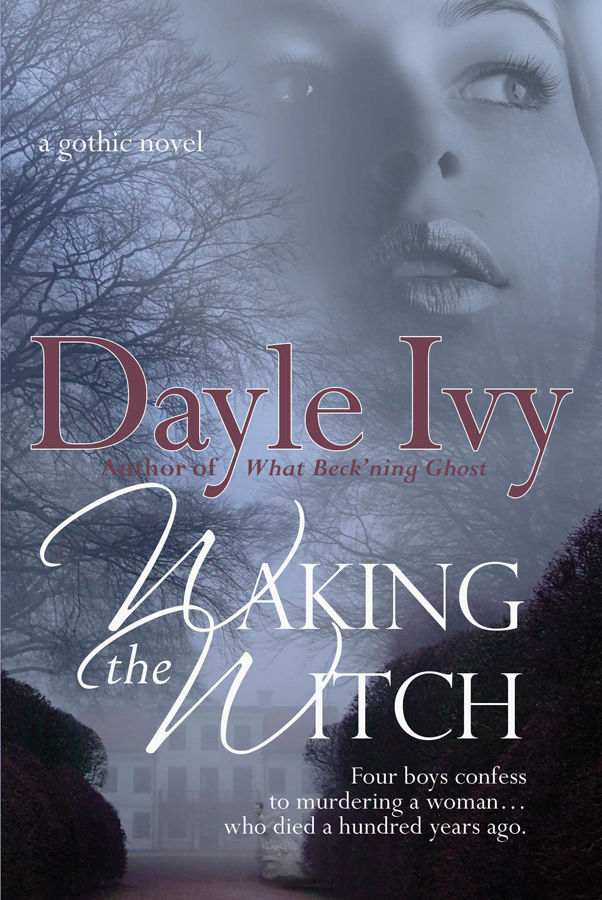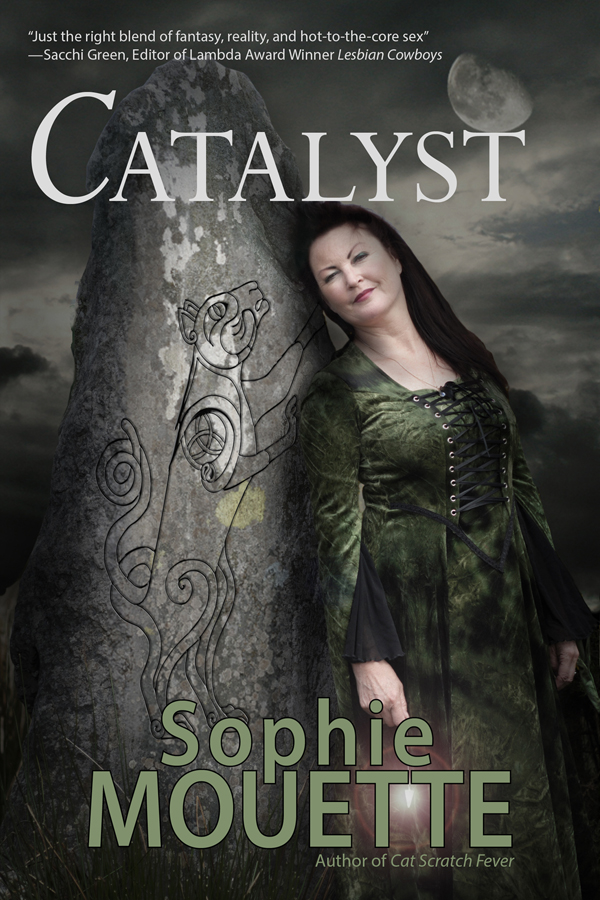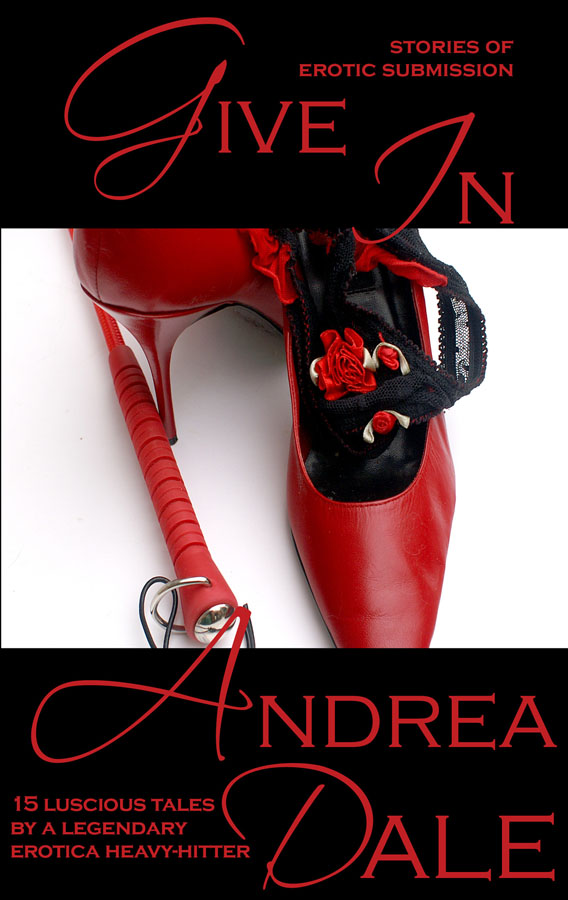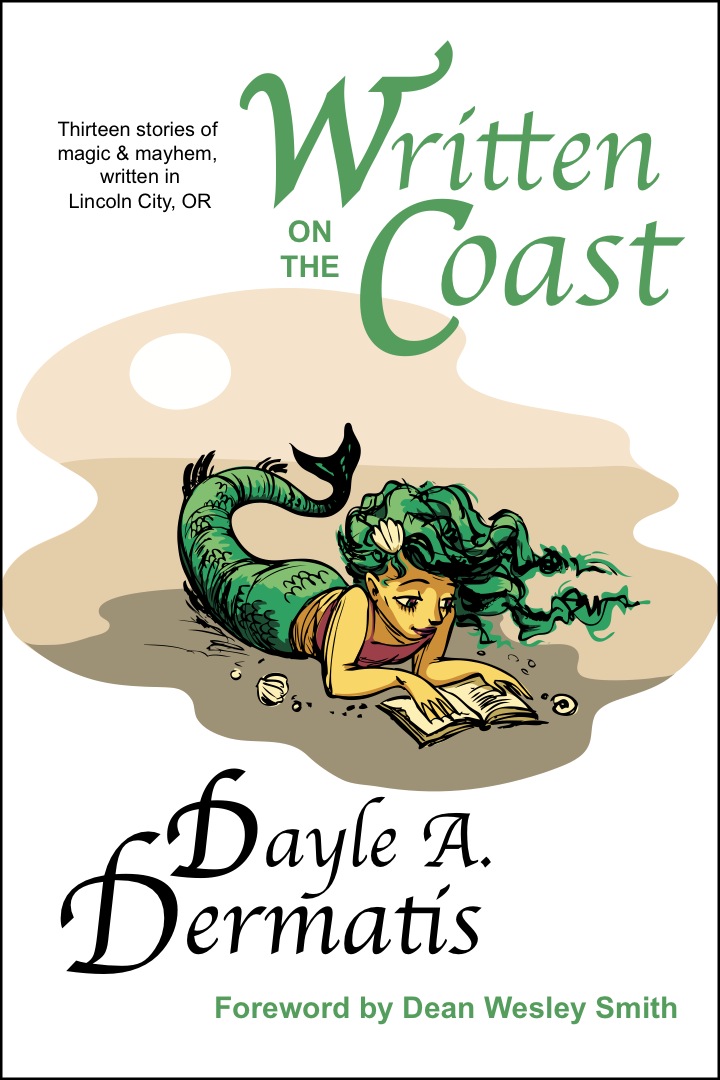The DemonLover, Juliet Dark. Juliet Dark is a pseudonym for literary mystery
author Carol Goodman, whose books I’ve raved about here before. By “literary
mystery” I really mean rich gothics: stories that involve the heroine’s
physical and sometimes emotional isolation, evocatively described settings, a
sense of dread or foreboding, and often a past mystery that needs to be solved.
Yum. The Dark pseudonym is for her new trilogy (and who knows, maybe more?),
which are billed as paranormal romance, but they aren’t, not really. Demon Lover is paranormal, absolutely,
but not really a “romance” in the genre sense, in part because it’s a trilogy.
Anyway, I still loved it. It’s got an incubus and a witch
and a Victorian house and a slightly creepy college in “upstate New York”
(which is in quotes because it’s not really upstate
upstate), and a heroine whose “lifelong passion is the intersection of lurid
fairy tales and Gothic literature” (back cover copy). Oddly, the book I’ve just
started writing has some of those elements. Or maybe not so oddly, because I
love those elements, and gothics, and paranormals, and romances. If you do,
too, you might very well like this book.
Blackout,
Mira Grant. I’ve been remiss in keeping up with these posts, so I don’t
think I’ve actually recommended Feed
and Deadline,
the first two books in this trilogy. Let’s just make this about all of them,
shall we?
Mira Grant is the pseudonym for Seanan McGuire, whose urban
fantasies I’ve rave about there before. (Apparently it’s been my month for
pseudonymous author I rave about.) She went with a pseudonym because these are
more science fiction/horror. They’re about biologically created zombies.
If you’d told me I’d willingly read a zombie book, much less
enjoy it, I’d’ve laughed. I really don’t get the whole zombie phenomenon.
(Which is not to say there’s anything wrong with it—I’m simply more partial to
ghosts, witches, and fairies than I am zombies, vampires, and werecreatures. If
it’s a good book about any of those things, I’ll give it a try.)
These are good books. Give them a try. Grant/McGuire’s
magical power is the ability to create characters that really feel like real
people. She also creates believable situations—she researched the epidemiology
of how the zombie virus works—and talk about page-turning cliffhangers, hoo
boy. If you’re up all night reading these books, don’t blame me. But read them.
Tamsin,
Peter S. Beagle. I first read Tamsin
when we lived in Wales, and I reread it earlier this year in preparation for
Phoenix Comicon, where Beagle was a guest. I’d intended to have him autograph
it, but instead I caved and bought the deluxe DVD/Blu-Ray edition of The Last Unicorn. (What can I say? I’m
weak when I get all fangirly.)
I’d forgotten how good Tamsin
is, which was in some ways nice because it felt like I was experiencing all the
wonder for the first time. Although the protagonist, Jenny, starts the book at
age fourteen, it’s not a YA book (although it could certainly be read by YA
readers). Jenny’s perfectly content with her life in NYC with her mother, her
cat Mister Cat, her friends, etc. Then her mother has to go and fall in love
with a British guy who hauls them off to a farm in Dorset, along with his two
sons. When I was growing up, this would have sounded like pure freaking heaven
(and it still does, in many ways!), but not so much to Jenny. Jenny’s miserable
but not bitchy; she’s unhappy but not unhelpful. She has a fantastic voice,
too, and as she teeters on the brink of womanhood, she finds both the wondrous
magic and terrible evil the world contains.
Beagle is a master storyteller, and Tamsin is just about perfect. If it weren’t for the tottering piles
of books in my To Read bookcase, I’d be likely to pick this back up and reread
it right now….

